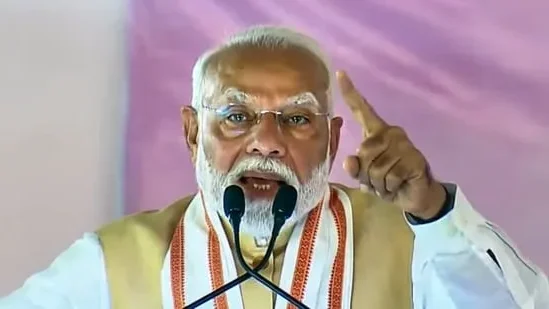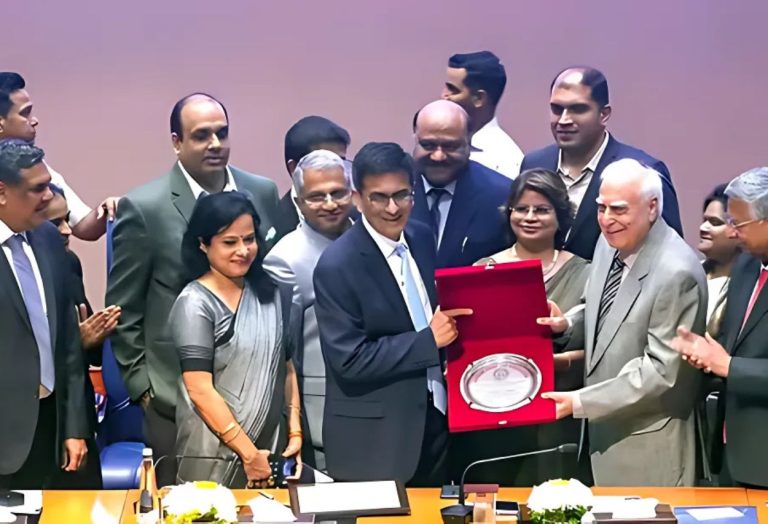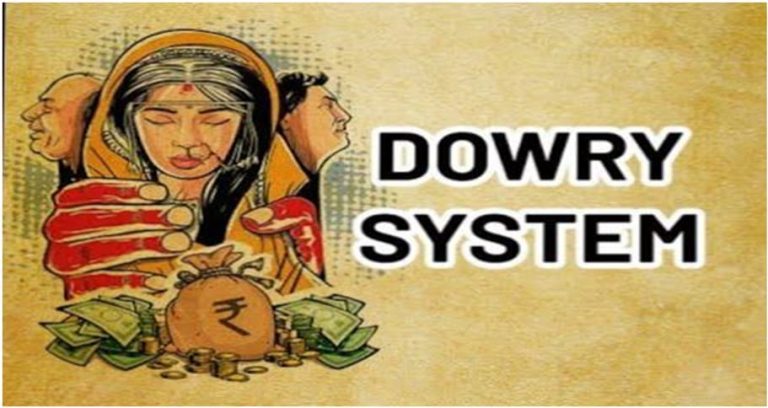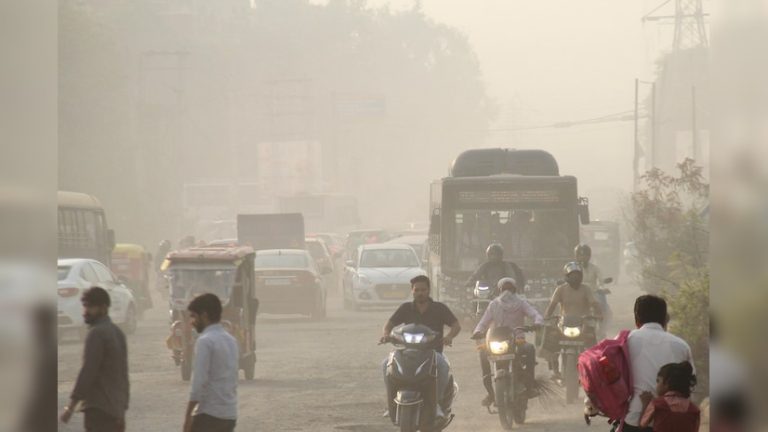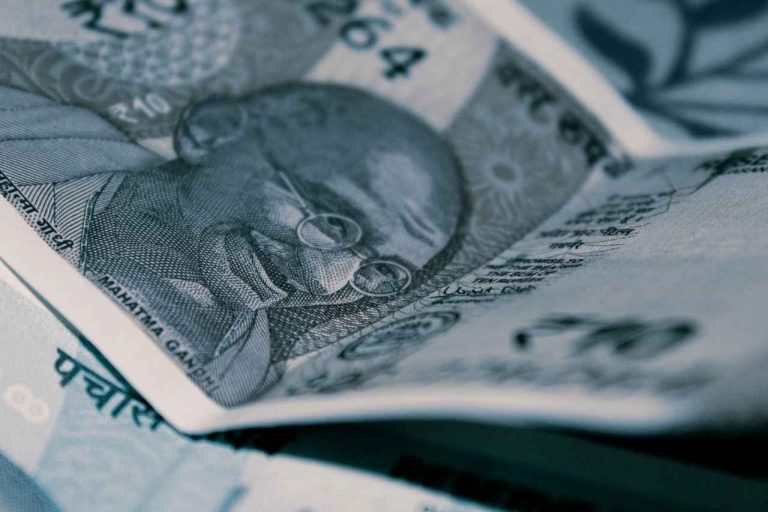Electricity Shortage in Bangladesh: Adani Power Cuts Supply Over Unpaid Dues
Dhaka: In an ongoing dispute over unpaid dues, Adani Power has further reduced its electricity supply to Bangladesh, worsening the energy situation in the South Asian nation. According to recent data from Power Grid Bangladesh and the Bangladesh Power Development Board (BPDB), power supply has been progressively reduced over the past few weeks, with the latest cut bringing the supply down to approximately 520 MW. This marks a significant reduction from the 1,400–1,500 MW Adani Power had been providing earlier this year.
Background of the Power Dispute
Adani Power, which operates the 1,600 MW Godda power plant in Jharkhand, India, has been supplying electricity to Bangladesh under a bilateral agreement. However, Bangladesh has been unable to clear outstanding payments, with reports indicating that Adani is seeking to recover more than $800 million in unpaid bills. As a result, the company reduced its supply to Bangladesh this month, initially dropping from 1,400 MW to 700 MW–750 MW in August. The latest cut of 520 MW is part of an ongoing effort by Adani to press for payment.
Despite Bangladesh’s efforts to settle the dues, including the opening of a $170 million letter of credit in early November and a renewed push to meet payment deadlines, the dispute continues to escalate. According to an official with the BPDB, the payment deadline initially set by Adani for November 7 was extended, but the issue remains unresolved.
Bangladesh’s Energy Crisis Deepens
The reduction in electricity supply has hit Bangladesh’s energy sector hard. The country, already facing economic challenges due to high fuel and import costs exacerbated by the ongoing war in Ukraine, now faces an added strain on its power grid. In addition, political turmoil in Bangladesh, including the recent political unrest that led to the ouster of Prime Minister Sheikh Hasina, has further complicated the situation.
Bangladesh’s caretaker government remains adamant in its stance, with Muhammad Fauzul Kabir Khan, the country’s energy adviser, stating, “We are gradually paying the dues and will take alternative measures if anyone stops the supply. We will not let any power producer hold us hostage.”
Implications for the Future
As Bangladesh scrambles to pay off its dues, the question remains whether Adani Power will further reduce supply, impacting daily life for millions of people. The Bangladesh government has pledged to take necessary measures to resolve the crisis and ensure that energy supply remains stable. However, the country’s growing energy bill burden amid political and economic challenges continues to pose a significant risk.
PM Modi Attacks Congress, Pitches for Unity in Maharashtra Election Rally
In a strong statement during an election rally in Akola, Maharashtra, Prime Minister Narendra Modi launched a fierce attack on the Congress party, accusing it of exploiting states under its governance as financial resources. Addressing a gathering ahead of the Maharashtra Assembly elections, Modi said, “The Congress turns any state it governs into the ATM (Automated Teller Machine) of its ‘shahi parivar’ (royal family).” We won’t let Maharashtra become the ATM of the Congress.”
Modi criticized Congress for neglecting Ambedkar’s legacy, challenging them to prove their commitment by visiting key memorial sites.
Modi emphasized the importance of unity, referencing Haryana’s collective efforts to resist Congress’s alleged divisive tactics. He invoked the slogan “Ek hai to safe hai” (We are safe if united) as a reminder of the state’s resilience against Congress’s policies.
Modi criticized the MVA alliance, highlighted achievements, and thanked Maharashtra for support, focusing on unity and development.
CJI DY Chandrachud’s Farewell: A Journey of Legal Milestones and Judicial Reforms
NEW DELHI: As Chief Justice DY Chandrachud prepares to demit office on November 10, 2024, he leaves behind a transformative legacy in the Indian judiciary. His tenure, marked by significant reforms and inclusive judicial approaches, has been a milestone in modernizing the Supreme Court of India and addressing long-standing socio-legal issues. Appointed in November 2022, CJI Chandrachud’s contributions have spanned various areas, from the digitization of court processes to landmark judgments impacting millions across India.
A Transformative Tenure in the Judiciary
During his nearly two-year tenure as the 50th Chief Justice, CJI Chandrachud spearheaded technological upgrades to make the judicial system more accessible and transparent. Introducing real-time case status updates via WhatsApp, enhancing e-filing capabilities, and live-streaming court proceedings marked a leap toward accessibility and openness within the judiciary. These initiatives were particularly vital for underprivileged litigants and advocates, as they reduced both time and costs associated with accessing court services, Chandrachud’s influence extended to sensitive cases, including those addressing individual rights, state policies, and communal harmony. He was part of Constitution Benches that delivered critical judgments on issues like decriminalizing homosexuality, safeguarding privacy as a fundamental right, and upholding Section 6A of the Citizenship Act. Most recently, his bench ruled on marriage equality, acknowledging the rights of LGBTQ+ individuals while stopping short of legalizing same-sex marriage under the Special Marriage Act.
Known for his openness to critique, CJI Chandrachud has frequently emphasized the importance of transparency and public accountability. He remarked on his farewell that his “shoulders were broad enough to accept all criticism,” viewing public critique as a constructive force that strengthens judicial transparency. This attitude has positioned him as a respected, if occasionally controversial, figure willing to challenge conventional norms within the judiciary farewell speech, CJI Chandrachud acknowledged his journey from being a young law student to leading the judiciary, highlighting his commitment to serving the underserved. Justice Sanjiv Khanna, his successor, expressed admiration for Chandrachud’s legacy, noting that his tenure has redefined the judiciary’s role as a guardian of inclusivity and social justice .
Judgments: Defining Moments in Legal History
Justice Chandrachud presided over several landmark cases that have had a profound societal impact:
Privacy Rights and Digital Freedom: Recognizing privacy as a fundamental right set a precedent for citizens’ data security and privacy protection.
Electoral Bond Scheme:His bench ruled to enhance transparency in political funding, striking down the electoral bond scheme that had shielded political donations from public scrutiny.
Marriage Equality: While respecting the LGBTQ+ community’s rights, the bench stopped short of legalizing same-sex marriage, leaving the matter for legislative consideration.
These judgments underscore CJI Chandrachud’s commitment to safeguarding rights and balancing societal and legal nuances.
A Vision for the Future
Reflecting on his legacy, CJI Chandrachud has often voiced concerns about how history will judge his tenure. He advised the new generation of legal professionals to harmonize traditional values with democratic principles, ensuring justice in a diverse society. His tenure’s impact, spanning accessibility, inclusivity, and judicial accountability, will undoubtedly shape the Indian judiciary’s future direction.
India Inc’s 2025 Budget Wishlist: Customs Amnesty, Tax Reforms, and Boost for MSMEs
With the Union Budget 2025 approaching, key industry bodies in India, including FICCI, CII, ASSOCHAM, and PHDCCI, have presented their detailed recommendations to the Finance Ministry. Their priorities include a customs amnesty scheme, tax reductions for individuals and LLPs, streamlined tax compliance, and enhanced dispute resolution mechanisms. These reforms aim to create a more business-friendly environment and strengthen India’s economic foundation.
Amnesty Scheme for Customs
FICCI and ASSOCHAM have recommended an “Amnesty Scheme under Customs,” a one-time settlement program to clear past customs-related dues. This proposal mirrors past initiatives like the Sabka Vishwas Legacy Dispute Resolution Scheme (2019) and the Vivad Se Vishwas (2020), which were successful in reducing litigation related to indirect and direct taxes, respectively. An amnesty scheme under customs would provide partial or complete waiver of interest and penalties, depending on the quantum involved, thereby offering relief to importers and reducing the backlog of cases.
Simplified Tax Compliance
All major industry bodies are seeking simpler tax compliance processes. The primary areas of focus include easing tax deducted at source (TDS) requirements, reducing tax rates for Limited Liability Partnerships (LLPs), and establishing an independent Dispute Resolution forum to expedite tax appeals. These steps are designed to minimize tax-related friction, attract more foreign direct investments, and improve India’s rank in the ease of doing business.
Tax Reductions and Incentives
PHDCCI is lobbying for tax reductions, especially for individuals and LLPs, and a streamlined presumptive tax scheme for professionals. Another area of focus is the Production-Linked Incentive (PLI) scheme, which the chamber recommends expanding beyond the current 14 sectors to support wider industry growth and resilience, especially in MSMEs. Additionally, they have urged the government to enhance financial support for export-oriented MSMEs through adjustments in the interest equalization scheme on pre and post-shipment export credit.
Focus on Women Empowerment and Economic Growth
FICCI has also requested specific incentives for women-led initiatives, including exemptions from perquisite tax on daycare reimbursements, as part of the government’s larger goal of encouraging women’s participation in the workforce. The body believes that such initiatives would drive sustainable, inclusive growth.
Expanding Capital Expenditure
With a 25% boost in capital expenditure (Capex) for the fiscal year 2025-26, CII has advocated for focused investments in rural infrastructure, agriculture, and social sectors. This push aligns with CII’s goal of enhancing India’s infrastructure to support holistic development across both urban and rural regions.
Conclusion
India Inc. anticipates that these reforms will be considered in the upcoming Union Budget, scheduled for February 1, 2025. The recommendations, if adopted, could transform India’s business landscape, encouraging growth and reducing regulatory complexities.
Web Team, C6N, Mumbai
Delhi Air Quality Stays ‘Very Poor’; Drone Spraying Tested to Combat Pollution
Delhi’s air quality remained critically poor, marking nine days of persistent smog following Diwali. Key areas in the city reported alarming Air Quality Index (AQI) levels: Bawana recorded 409, New Moti Bagh 411, and Anand Vihar 393. Data from SAFAR indicated an overall AQI of 358 as of Saturday morning, while visuals showed dense smog over Kartavya Path and other parts of the city.
The Delhi government has deployed “drone-based mist spraying” technology to control pollution, starting trials at Anand Vihar—a pollution hotspot. These drones, equipped to hold 15 liters of water, disperse a fine mist to capture airborne pollutants, especially in congested spaces. Environment Minister Gopal Rai stated that the drone initiative is part of a larger Winter Action Plan, launched on September 25, which outlines 21 actions to address seasonal pollution. Additionally, 80 mobile anti-smog guns, 68 stationary guns, and 146 high-rise anti-smog devices have been deployed to combat dust pollution across 13 targeted hotspots.
Health impacts of the high AQI are evident. Many residents report respiratory issues, with common symptoms including coughing, eye irritation, and headaches. Health experts from Sir Ganga Ram Hospital warned of the correlation between rising AQI levels and an increase in respiratory complaints, particularly affecting elderly individuals and those with conditions like asthma and COPD.
(By Ankita Singh, Web Team at C6N)
Rs.3.70 Crore Cash Seized in Palghar Ahead of Maharashtra Assembly Elections
In a significant development just ahead of the Maharashtra Assembly elections, authorities have seized Rs.3.70 crore in cash from a van in Palghar district. The local police confiscated the cash on Friday after finding it in violation of the election code of conduct, an official report confirmed.
Police seized Rs.3.70 crore in cash in Palghar, detaining two individuals for questioning, as authorities investigate election code violations.
This cash seizure adds to the ongoing efforts by the Election Commission to ensure a fair and transparent electoral process. Authorities are tightening their scrutiny of possible electoral malpractices, including the illegal distribution of money to influence voters.
The seizure also highlights growing concerns about the potential misuse of funds in the run-up to the elections. Election officials will increase vigilance in the coming days to prevent any violations that could skew the electoral process.
As Maharashtra heads to the polls, authorities intensify efforts to prevent illegal activities compromising election integrity and fairness.
Meerut Shocked as Two Women Accused of Burning Five Stray Puppies Alive Over Noise
In Meerut, Uttar Pradesh, two women have allegedly set five stray puppies on fire out of frustration over noise. The incident, reported on November 5 in Kankerkheda, has led to a case against the women, identified as sisters-in-law Shobha and Aarti.
According to a complaint by Anshumali Vashishth, general secretary of the Animal Care Society, the accused poured petrol on the puppies and set them ablaze. When the women were confronted by residents, they reportedly met them with hostility. Although the police initially visited the scene, residents ultimately buried the puppies themselves.
Following a renewed complaint on Friday, authorities registered the case under the Prevention of Cruelty to Animals Act. The authorities have conducted a post-mortem on the puppies, and they are pending further action. Local business leaders and residents have demanded strict action against those involved.
(By Ankita Singh, Web Team at C6N)
Tragic Accident in West Bengal: Three Killed as Speeding Pick-Up Van Hits Morning Walkers
In a shocking accident early Saturday, a speeding pick-up van plowed into three men, killing them instantly during their morning walk in West Bengal’s Malda district. The incident took place on a highway in the Harishchandrapur area, leaving the community in shock.
The pick-up van, allegedly speeding, lost control while the victims were engaged in their routine morning walk along the side of the highway. Witnesses reported that the vehicle approached at a high velocity, hitting the three men from behind without any apparent effort to slow down. The impact was so severe that all three victims succumbed to their injuries on the spot, with no chance of survival.
Following the collision, the pick-up van careened off the highway, ultimately landing in a roadside ditch. Authorities are investigating to determine if factors like driver negligence, fatigue, or potential vehicle malfunction contributed, though the driver’s condition remains unclear. The police have taken steps to recover the vehicle from the ditch and are currently working to question any witnesses in the vicinity who may have further insights into the accident.
Locals in Harishchandrapur have expressed deep sorrow and concern over the safety of morning walkers along the highway, particularly as speeding has become a common issue in the area. Community members are calling for increased enforcement of speed limits and the installation of barriers to prevent similar tragedies in the future.
The accident has raised questions about road safety in the district, especially on highways with high-speed traffic. Advocates are urging authorities to review safety measures to protect pedestrians and strictly monitor speeding violations.
(By Ankita Singh, Web Team at C6N)

